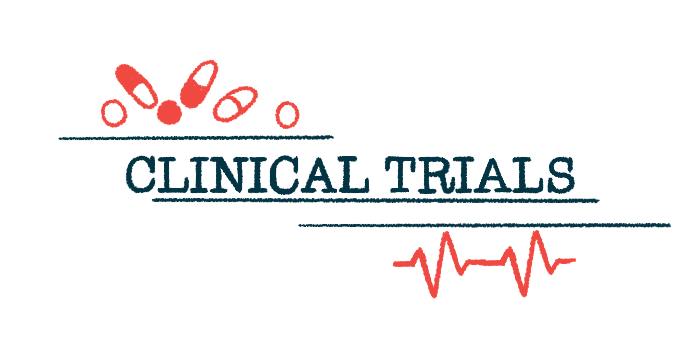Tolebrutinib delays disability progression in nonrelapsing SPMS
Therapy didn't exceed Aubagio at reducing relapse rates in relapsing MS
Written by |

Treatment with the investigational BTK inhibitor tolebrutinib significantly delayed the onset of confirmed disability progression in people with nonrelapsing secondary progressive multiple sclerosis (SPMS) compared with a placebo, meeting the primary goal of the HERCULES Phase 3 trial.
A preliminary analysis of liver safety was consistent with previous tolebrutinib trials, indicating it may be safe and effective for a multiple sclerosis (MS) population who have no approved treatments. Sanofi, the therapy’s developer, plans to use the data to discuss tolebrutinib’s development plans with regulatory authorities.
However, the therapy did fail to outperform Aubagio (teriflunomide) at reducing relapse rates in people with relapsing forms of MS over up to 36 months, according to findings from the twin GEMINI 1 (NCT04410978) and GEMINI 2 (NCT04410991) Phase 3 trials.
Results from all three trials will be presented at the European Committee for Treatment and Research in Multiple Sclerosis (ECTRIMS) annual meeting this month in Copenhagen.
“Tolebrutinib represents an unprecedented breakthrough as a potential first-in-disease treatment option with clinically meaningful benefit in disability accumulation,” Houman Ashrafian, MD, PhD, Sanofi’s head of research and development, said in a company press release. “Addressing disability accumulation, thought to be driven by smoldering neuroinflammation, remains the greatest unmet medical need in people with non-relapsing secondary progressive MS today.”
What is tolebrutinib?
Tolebrutinib is a small molecule inhibitor of the Bruton tyrosine kinase (BTK), an enzyme critical for the survival and activation of B-cells, the main drivers of inflammation in MS. The therapy is able to cross the blood-brain barrier, a semi-permeable membrane that regulates which substances pass from the blood into the brain and spinal cord, and is being developed for both relapsing and progressive forms of MS.
After promising data from a Phase 2 trial (NCT03889639) and its open-label extension part (NCT03996291) where tolebrutinib significantly reduced relapse rates and lesions and stabilized disability levels in people with relapsing forms of MS, Sanofi launched four Phase 3 trials to assess its experimental oral therapy in different disease subtypes.
The Phase 3 HERCULES trial (NCT04411641) was designed to test tolebrutinib in about 1,131 adults with nonrelapsing SPMS. These included patients ages 18-60 who hadn’t had a disease relapse in the past two years, but had evidence of disability progression in the previous year.
The patients were randomly assigned to receive an oral daily dose of tolebrutinib, or a placebo, for up to 48 months, or about four years. In addition to confirmed disability progression, the trial is also evaluating changes in dexterity, walking ability, cognition, and brain lesions.
The GEMINI 1 and 2 trials are evaluating the therapy against Aubagio in about 1,800 people with relapsing forms of MS, including relapsing-remitting MS and active SPMS. Despite missing their primary goal of reducing the number of relapses per year, pooled data from the trials showed a “considerable delay” in the time to six-month confirmed disability progression with tolebrutinib.
The final Phase 3 trial, called PERSEUS (NCT04458051), is evaluating tolebrutinib in people with primary progressive MS. As in HERCULES, the main goal is to determine if tolebrutinib can delay the onset of confirmed disability progression compared with a placebo after up to five years of treatment. The results are expected in 2025.



